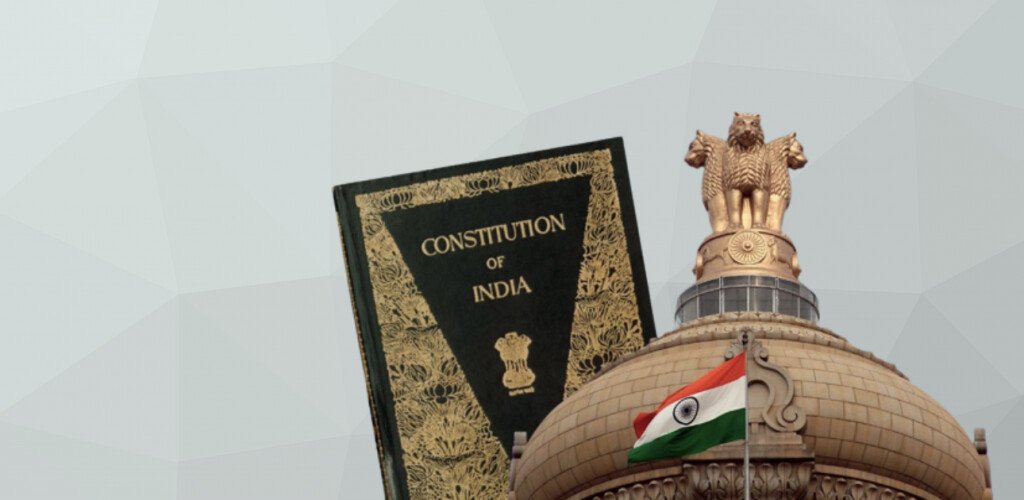In a significant shift, India’s Prime Minister Narendra Modi expressed unwavering support for Israel following Hamas’s attack on October 7, marking a departure from India’s historically pro-Palestine stance. This move, coupled with the Indian government’s decision to abstain from a UN resolution for a “humanitarian truce” in Gaza, highlights the evolving India-Israel relationship under Modi’s leadership. India’s initial stance on the Israel-Palestine issue, dating back to its first Prime Minister, Jawaharlal Nehru, and Mahatma Gandhi, was characterized by opposition to the establishment of the Israeli state due to concerns for Palestinian rights. However, India eventually established diplomatic relations with Israel in 1992, a turning point precipitated by the need for arms and ammunition during the 1999 conflict with Pakistan. The election of Narendra Modi marked a significant change in India’s approach. Previous governments had maintained discreet dealings with Israel to avoid alienating foreign allies and India’s substantial Muslim population. In contrast, Modi’s Hindu nationalist BJP government prioritized strengthening ties with Israel across various sectors, including defense, culture, agriculture, and film production. Modi’s visit to Israel in 2017, reciprocated by Israeli Prime Minister Netanyahu, portrayed a close personal relationship between the leaders.
The Modi-Netanyahu relationship conveyed a narrative that India and Israel, as ancient civilizations, had come together to fulfill a shared destiny against external influences, implying Muslims. The BJP’s ideological roots, along with its membership, viewed Israel as a model for their vision of a religious nationalist state. India’s foreign policy under Modi also focused on enhancing relations with Arab Gulf nations, leading to significant economic benefits and plans for an India-Middle East trade corridor to Europe. These partnerships, however, may influence India’s stance as tensions in the Israeli-Hamas conflict escalate. Modi’s prompt support for Israel following Hamas’s attack and India’s abstention from the UN resolution signalled a substantial shift in India’s approach. While Modi has consistently expressed support for Israel, this was the first time an immediate and unbalanced pro-Israel response was made without subsequent balancing statements. Israel interpreted this as strong and unwavering support, with its ambassador expressing gratitude. India’s pro-Israel stance has had domestic implications, with right-wing online communities and fact-checking organizations observing a surge in disinformation. False narratives often exploited the conflict to promote Islamophobia, a trend used to marginalize India’s Muslim population since the BJP came to power. Hindu nationalist groups also responded to the pro-Israel messaging, offering their assistance in fighting against Hamas.
As the Israeli-Hamas conflict intensifies, experts suggest that India may adjust its pro-Israel stance to prevent tensions with its important Gulf partners. A “calculated silence” has prevailed since Modi’s initial comments, but further involvement of other countries with which India has relationships could pose a significant challenge. India’s shifting stance on the Israel-Palestine conflict reflects a broader transformation in its foreign policy under Narendra Modi’s leadership. While strong ties with Israel have been cultivated, the evolution of this relationship is complex and influenced by both domestic and international factors. As the conflict unfolds, India’s position may continue to adapt, balancing its support for Israel with its relationships in the region. India’s evolving stance on the Israel-Palestine conflict underscores the intricate interplay between foreign policy, domestic ideologies, and regional interests, making it a dynamic aspect of India’s geopolitical landscape to watch in the coming years.







